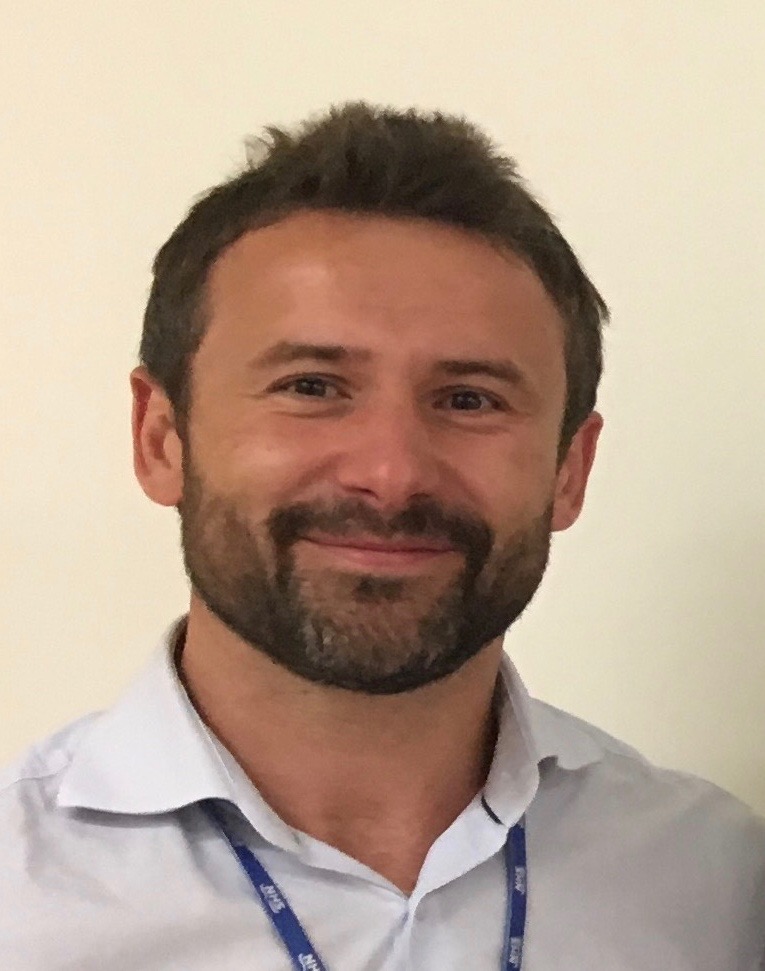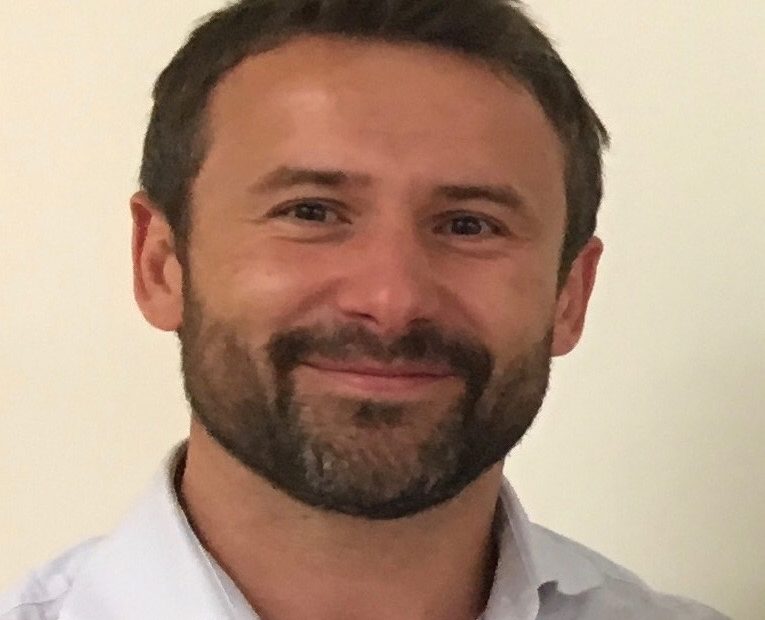
In line with Action Mesothelioma Day, Professor Kevin Blyth, Consultant in Respiratory Medicine at Queen Elizabeth University Hospital, highlights what the illness is, how we work with partners to develop new treatments and what you can do to help.
“Mesothelioma” is a difficult word to pronounce – typically “medical”. Me-zo-thee-lee-oma is how you say it. I often find myself spelling it out phonetically when introducing it to a patient who might have it or confirming that they do – and what that means for them and their future. Among the pantheon of cancers, “Meso” is considered rare and irrefutably linked to prior asbestos exposure in almost all cases. Some exposures are known (almost “expected”) like the ex-shipbuilder, others less so (and all the more devastating for it), like the housewife who cleaned the overalls or the joiner, the plumber or even the teacher who worked in a certain building. Being able to tell your family and loved ones what you have feels like an important first step in dealing with it.
Despite its “rarity”, four Scottish families are devastated by a mesothelioma diagnosis every week: 2,700 every year across the UK. A mesothelioma diagnosis often prompts the wracking of memories and a detailed trawl through a lifetime of work (and occasionally home or school) environments. “But Doctor, that was 40 years ago” usually follows recollection of an encounter that often turns out to be linked. This long latent period between exposure and disease is typical of meso and only adds to inevitable feelings of pain, anger and terrible unfairness. Patients and their families need a rapid diagnosis and proper advice regarding treatment choices, which do not yet address the limited life expectancy most can expect.
Today is Action Mesothelioma Day, a national event designed to maintain awareness and highlight the need for continued vigilance (asbestos remains in thousands of Scotland’s buildings) and the need for continuous clinical improvement and investment in research. Scotland can be proud of national clinical network for mesothelioma, designed with patients for patients using funding committed by a consortium of charity partners working closely with the NHS. Earlier this year, this service received sustainable NHS funding via the new Scottish Cancer Network, meaning its team of doctors, nurses and support staff can continue their efforts to deliver high quality, equitable care to all of Scotland’s affected patients (and their families). The University of Glasgow is also at the forefront of mesothelioma research, leading the CRUK-funded International Accelerator Network PREDICT-Meso. PREDICT-Meso aims to develop new, more effective treatments for mesothelioma and is hugely exciting. But outcomes from this and other efforts will take years. For today’s and tomorrow’s patients it is therefore exciting to see Scotland lead the way by licensing combination immunotherapy in February 2022 – the first new mesothelioma drug therapy for over 15 years.
On Action Mesothelioma Day, take a few seconds to think about the families affected by this devastating disease. Donate to one of the charities funding the development of mesothelioma services in Scotland and who continue to support critical nursing posts. More importantly, take time to think about your environment and ensure any possible asbestos-containing materials are not disturbed. Until we have a plan for comprehensive asbestos removal from all our buildings, this is the best we can do to minimise exposure.
If you or a family member have been affected by Mesothelioma, you can find information on available support at https://www.scottishmesotheliomanetwork.scot.nhs.uk/. Additional information regarding PREDICT-Meso is available at https://www.predictmeso.com/.
Originally printed in The Herald on 01 July 2022

